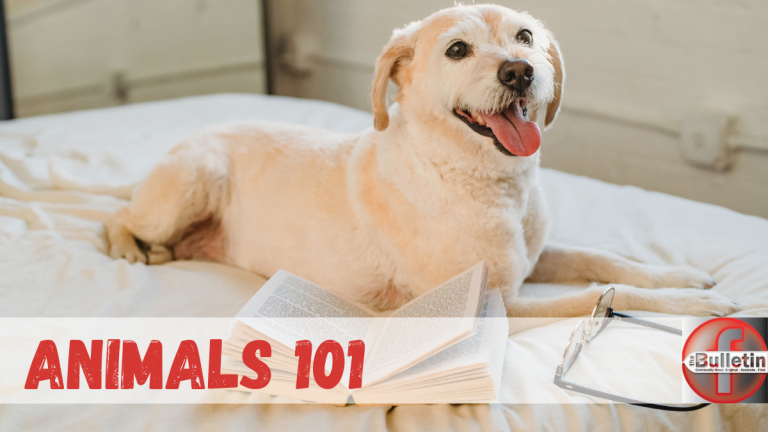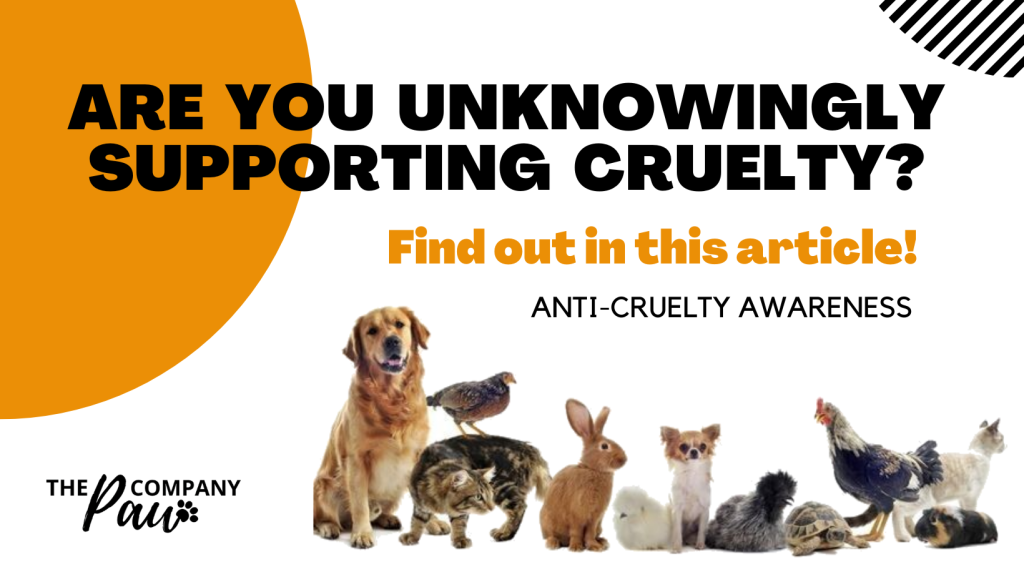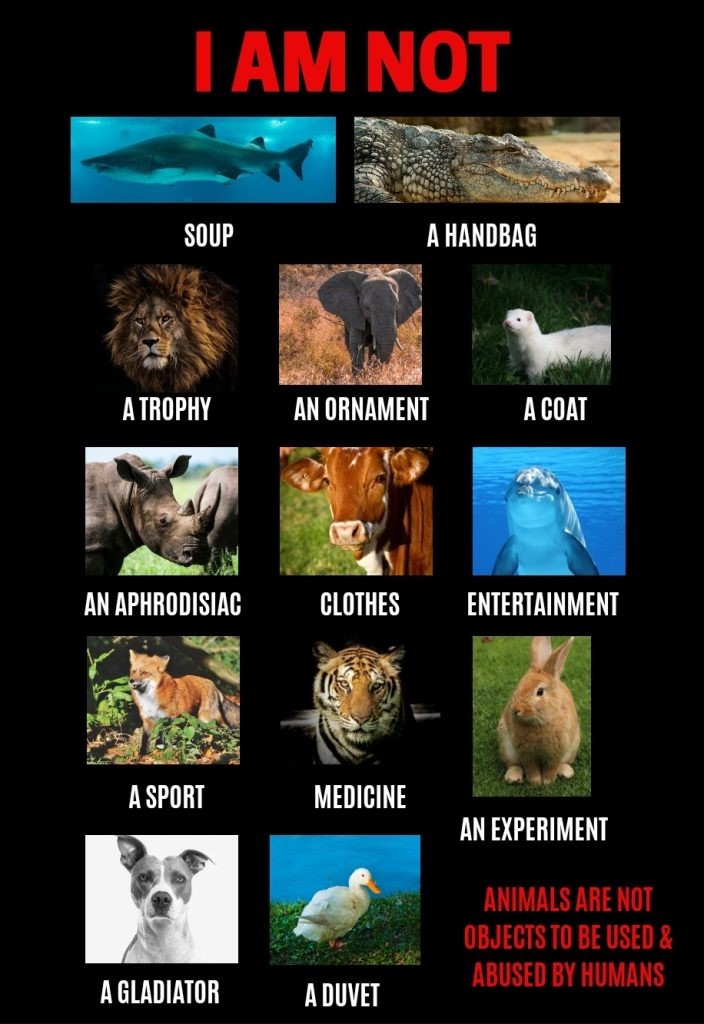
CRUELTY COMES IN MANY FORMS AND MANY PEOPLE, UNKNOWINGLY, SUPPORT THESE PRACTICES OR INDUSTRIES.
Many of you may speak up when you see a dog chained or a cat neglected. Yet, without realizing it, you might be supporting industries that quietly profit from animal suffering — all under the guise of education, entertainment, or tradition. Have you ever taken your children to a petting zoo, aquarium, pony ride, or circus show? In light of April being the Prevention of Cruelty to Animals Month, we want to shine a light on the industries and practices you might be supporting that contribute to cruelty!

This article is a reprint from 20 April 2022
ANIMAL RIDES & WILDLIFE INTERACTION
Responsible people and tourists do not interact with captive wild animals! While many elephant-riding operations say that their animals are well-treated, there is no quick, easy, or humane way to train any elephant, Asian or African, purely for the pleasure of people to ride these highly intelligent and majestic creatures. Also, look at the spine structure and think about whether it will hurt or not.
CIRCUS WITH PERFORMING ANIMALS
When you purchase a ticket to a circus that exploits animals, you’re supporting their misery. Circus life is not good for animals!
ZOO, AQUARIUMS & PETTING FARMS
Video of animals in permanent lockdown.

Too many animals living on one property may be a sign of animal hoarding. Thousands of animals are hoarding-victims each year. Animals are kept in overcrowded, deteriorated areas, and unfortunately, most hoarding animal victims will have to be euthanized due to ill health. Even animal welfare organizations resort to hoarding, which is never beneficial for the animals.
Every year millions of animals suffer and die for nothing – animal-based experiments are misleading and retard medical progress. There are safe, modern, effective, accurate, reliable, and repeatable methods available that require no living beings. Watch this Save Ralph short film. Read more about the cruelty of animal testing and the product you choose to use.
Make a difference where you can, by using kind options for household cleaners and grooming needs. It doesn’t matter what a brand says, it is what it can prove, and remember that all bunny logos mean the same. Find ethical products on www.humaneguide.co.za.

UNETHICAL HUNTING PRACTICES
Even though we understand that hunting is deeply entrenched in the SA culture, we strongly object to any hunting or fishing for sport, entertainment, or recreational purposes. The sport does not justify causing suffering to animals.
A canned hunt is a trophy hunt that is not a “fair chase”; it has been made too easy for the hunter. Animals have been kept in a confined area, such as a fenced-in area, increasing the likelihood of the hunter obtaining a kill. A canned hunt is a hunt for animals that have been raised on game ranches until they are mature enough to be killed for trophy collections.
Catch-and-release hunting is now possible by converting a high-powered rifle to a tranquilizer dart gun, immobilizing the animal for fun.
The welfare concerns are crucial here, and both the dog and its prey can get injured and die a terrible death, apart from the living conditions of the hunting dogs.
A line of beaters pushes the animal in the direction of a chain of waiting hunters. This way, you can be relatively certain of getting a chance to shoot the game several times each day.
Fox hunting is a very disturbing form of hunting. There are more humane ways to deal with what you perceive as “pests”.

Are you ok with cruel beauty or comfort? If you’re considering buying a product stuffed with down or body feathers, the first thought on your mind probably isn’t: “Where did these feathers come from? One of the ways they collect feathers is live-plucking. Live plucking is exactly what it sounds like a goose or duck is held down by their neck or wings as the “targeted feathers” are torn from their skin. When the skin rips during this process it is sewn up with a straight needle (no analgesic or sterilization used) and the bird is left to recover before the next “harvest of feathers.” This process is repeated every 6-7 weeks before the bird’s eventual slaughter (or death from the trauma of the plucking process itself).

This is an amputation equivalent to the first digit of your fingers. We believe declawing cats is both unethical and inhumane. We also believe that Veterinarians should say no to this procedure unless there is a medical reason for it. There are many alternatives for responsible pet owners who are not lazy. Watch this video about declawing. Any veterinarian who thinks this is acceptable should be questioned!

While docking and bobbing are more commonly used to refer to the removal of the tail, the term cropping is used for the ears. There is no justifiable reason to dock a dog’s tail or ears. Those who do it will be liable for prosecution under the Animal Protection Act no 71 of 1962. This mutilation affects the dog’s body language for humans and other animals. When you buy breeds where this has been done, you are supporting cruelty. Again, if a veterinarian does this without a medical reason, then they are part of the problem and support cruelty.
Many factors seriously compromise the welfare of the fish, leading to suffering and may even kill the animals. The water quality is affected, and temperature changes are also a concern. Toxic (to fish) chemicals, such as those from toiletries or nail varnish, may leach into the water. Chemicals used to clean or disinfect tanks or to clean clients’ feet before treatment may also be toxic to the fish. Overcrowding fish in a small volume of water will lead to increased concentrations of ammonia, too. Well-fed fish may show no interest in human skin and may be unlikely to feed on the skin if they have access to appropriate food sources. There is also the question of what happens to the fish once they have become too big to be used for pedicures.

People catch & release for personal fun. Take a photo to boost your low self-esteem, maybe, or for some likes on Facebook? You are not doing this for conservation. Fish can feel the injury, and depending on where you hook them, it can have detrimental effects on their well-being, and that is apart from the fact that many die about a week later, due to infection of the injury site.

THE ANIMAL FOOD INDUSTRY, WITH A SPECIAL MENTION OF FOIE GRAS
The ethical questions regarding food sources are a topic on their own, but Foie gras and the methods used are a particular concern. Foie gras is a specialty food made of duck or goose liver. One bird is forced to consume between 160 and 210 kg of corn mush in only three weeks. This is the equivalent of a 68kg human consuming roughly 27 kg of oiled pasta daily, or 54 boxes of pasta a day.
The list goes on……………
There is no way for you to justify these cruel practices or industries. Animals do not deserve to be treated like products. They are sentient beings and deserve respect, care, and most of all freedom.
Join us next week to explore and learn more about the amazing animals that share our world and how we can be responsible guardians.